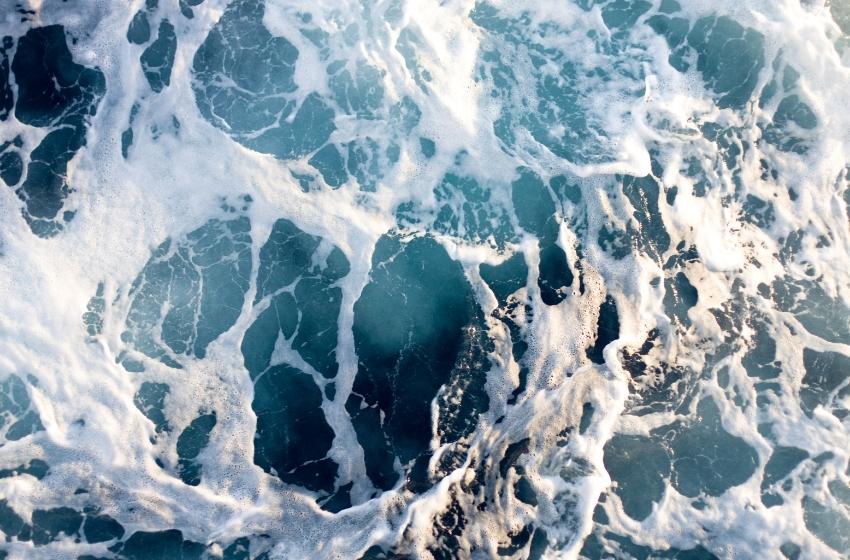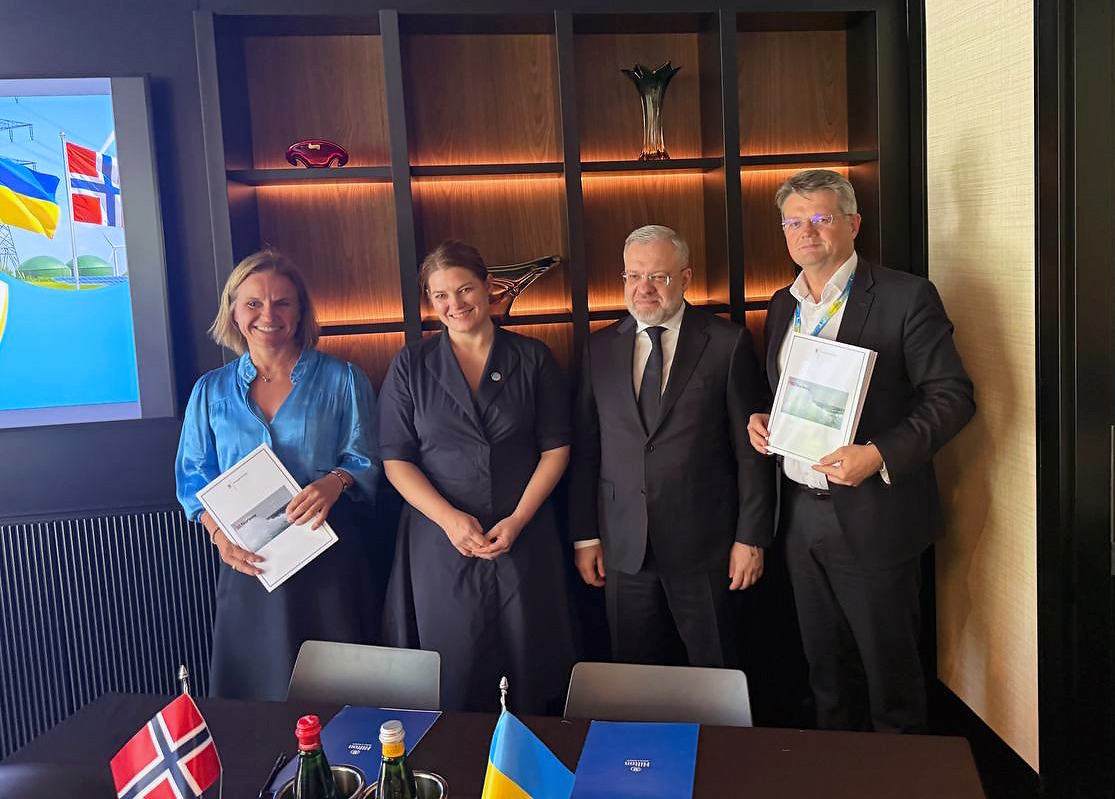Sea foam is formed in the coastal area of seas and oceans at the boundary between water and air. It consists of various organic and inorganic compounds being adsorbed by gas bubbles and delivered from the water column to the surface layer. Of course, sea foam also contains dead unicellular planktonic algae. The remains of algal pigments, which have not yet decomposed, can colour the foam from light green to pink depending on the species of algae prevailing in the water column, be they chlorophytes, diatoms, dinoflagellates, or representatives of other taxa. But mostly sea foam is a dirty grey colour and looks the same as the foam that we can observe when doing laundry.
There is a myth about the beautiful ancient Greek goddess Aphrodite, who was born from the sea foam. And the name itself, Aphrodite - ἈφÏοδίτη derives from ἀφÏός, or foam. According to the hypothesis of English scientist John Bernal, sea foam is the cradle of life on Earth, as it contains concentrated organic matter dissolved in a column of water. Bernal draws an analogy by comparing the beginning of life on Earth with Aphrodite coming out of the sea foam. For a long time, water columns and the sea floor were primarily the objects of hydrobiological research. The surface layers of seas and oceans werer considered to be lifeless, because the first several uppermost centimetres of water column and sea foam were vulnerable to the effects of ultraviolet solar radiation and wave mixing. But in 1964, Academician of the National Academy of Sciences of Ukraine Yuvenaly Zaitsev, began to systematically study life in the surface portion of the Black Sea. He discovered that the upper layer of the water column, which is 5cm thick, is inhabited by various organisms that are adjusted to environmental conditions of both the water and the atmosphere boundary area. Critically, an essential portion in the lifespan of many fish species, viz. the development of pelagic eggs and larvae, takes place precisely within this thinnest layer. And some vertebrates are able to survive solely on neuston (the group of organisms atop or attached to the underside of a sea’s surface film). That is how the hyponeuston – creatures along the water surface – were discovered. Similar communities of organisms were later found in other seas and oceans.

The area of surface tension in seas and oceans constantly increases due to organic matter from the atmosphere and the water column. Thanks to this, foam containing a great amount of organic matter is formed. The organic matter is deposited in the water via marine dwellers’ wastes. A high concentration of nutrients in the surface (hyponeuston) layer leads to active development of bacteria, crustaceans, and juvenile fish. It was found that sea foam stimulates the growth and development of both plants and animals. This phenomenon was also reproduced by numerous experiments with marine organisms (blue-green algae, crustaceans, fish larvae) and land plants (oat, barley, and wheat). Sea foam contains hundred of times more organic and mineral matter than water.
Zaitsev concluded that sea foam had biologically active properties, but can lose them due to surfactant sea pollution. This is why the pollution of the sea with surfactants (including soaps and detergents), if prevented, can help return sea foam its rightful position as the cradle of life.
The publication was prepared with the financial support of the EU – UNDP project ‘Improving Environmental Monitoring in the Black Sea: Selected measures’ (EMBLAS-Plus). This publication was produced with the financial support of the European Union and UNDP. Its contents are the sole responsibility of the authors and do not necessarily reflect the views of the European Union or UNDP.
Authors: B. Aleksandrov, O. Adrianova, N. Atamas, V. Bolshakov, O. Bondarenko, I. Chernichko, V. Demchenko, S. Dyatlov, Y. Dykhanov, E. Dykyi, O. Garkusha, P. Gol’din, S. Hutornoy, V. Komorin, Y. Kvach, V. Mamaev, O. Manturova, O. Marushevska, A. Mikelyan, Yu. Mikhalev, G. Minicheva, I. Sinegub, T. Shiganova, J. Slobodnik, A. Snigiryova, M. Son, K. Vishnyakova, A. Zotov. Illustrator: I. Pustovar.






















